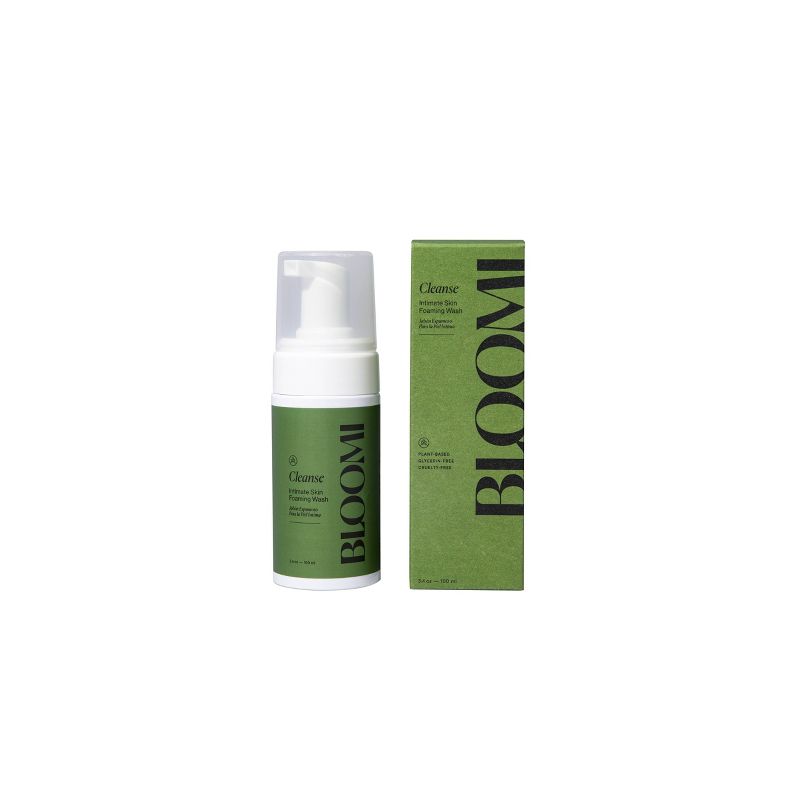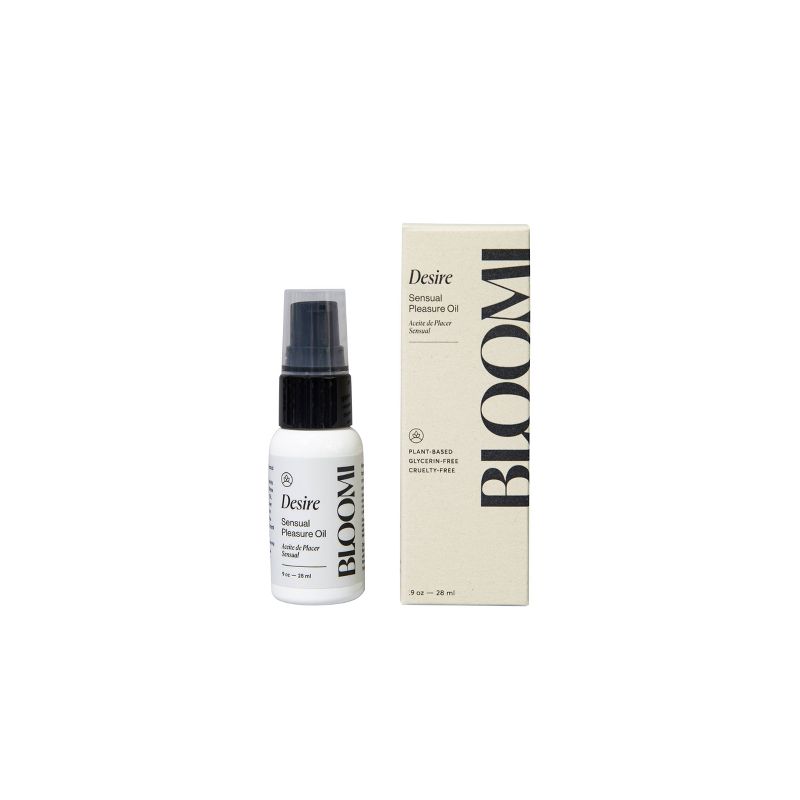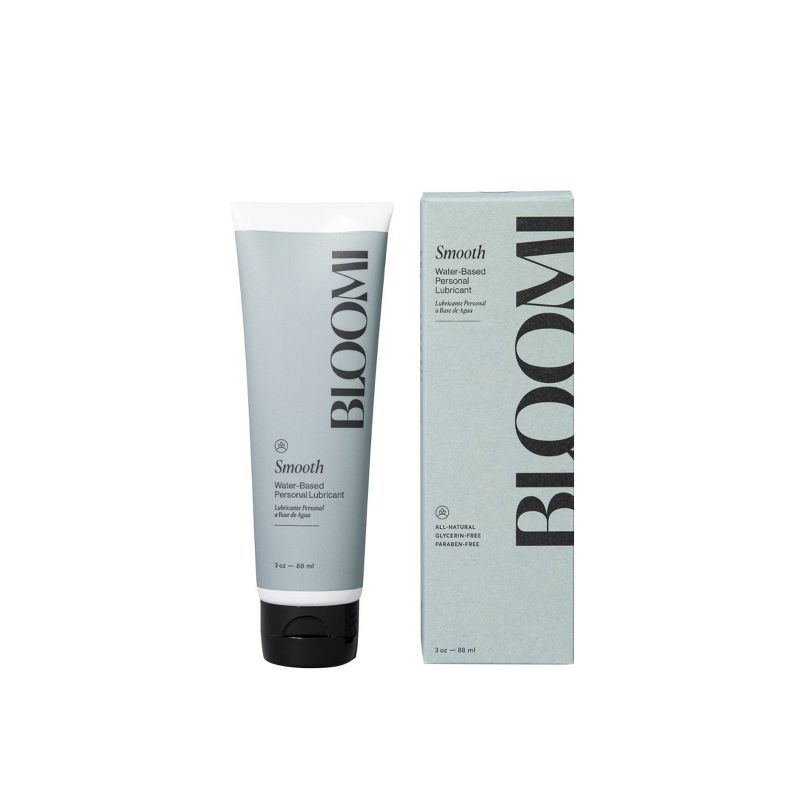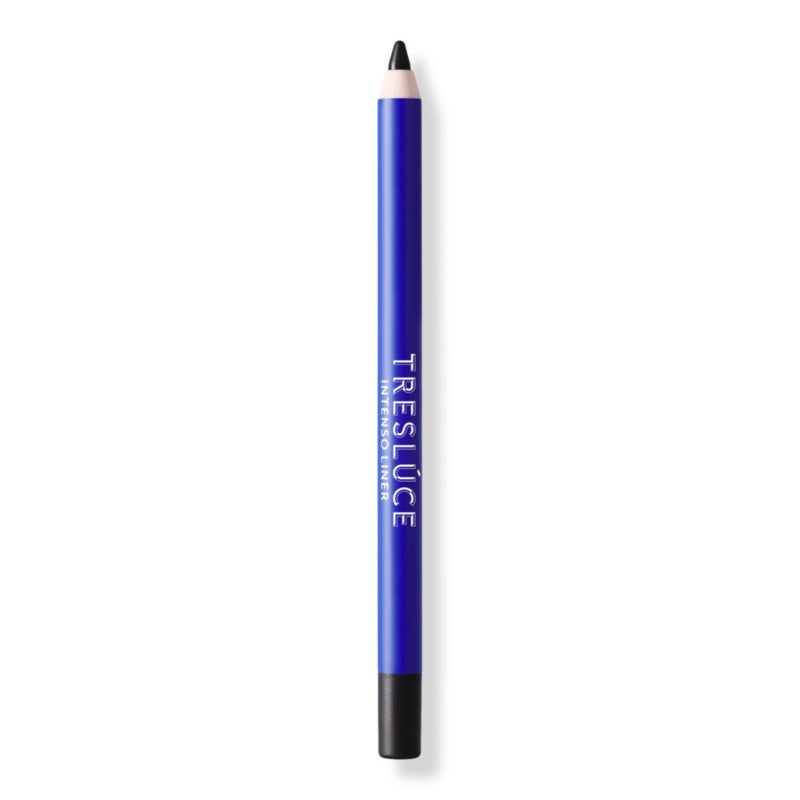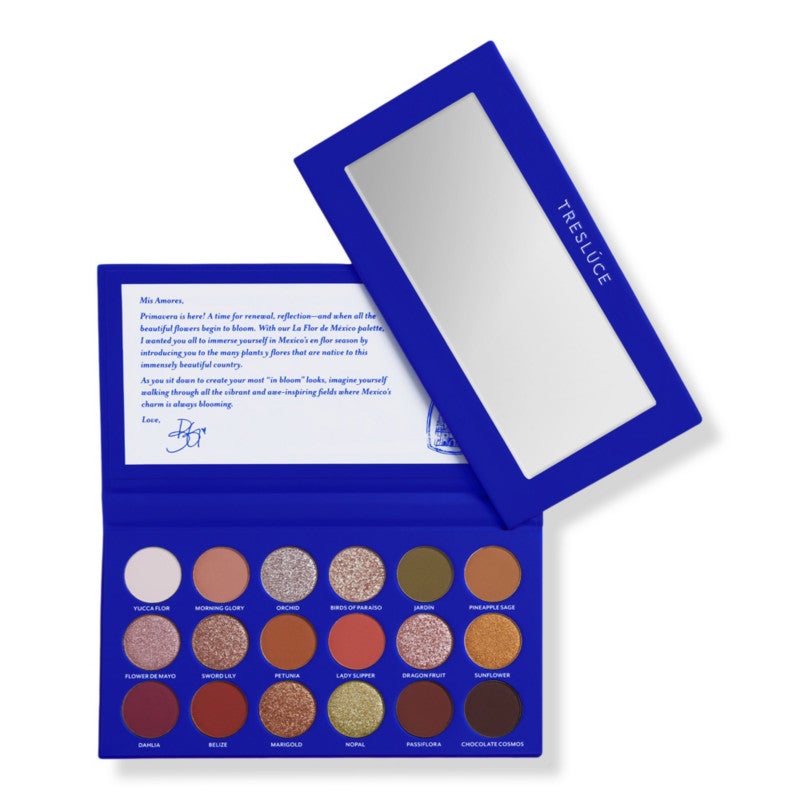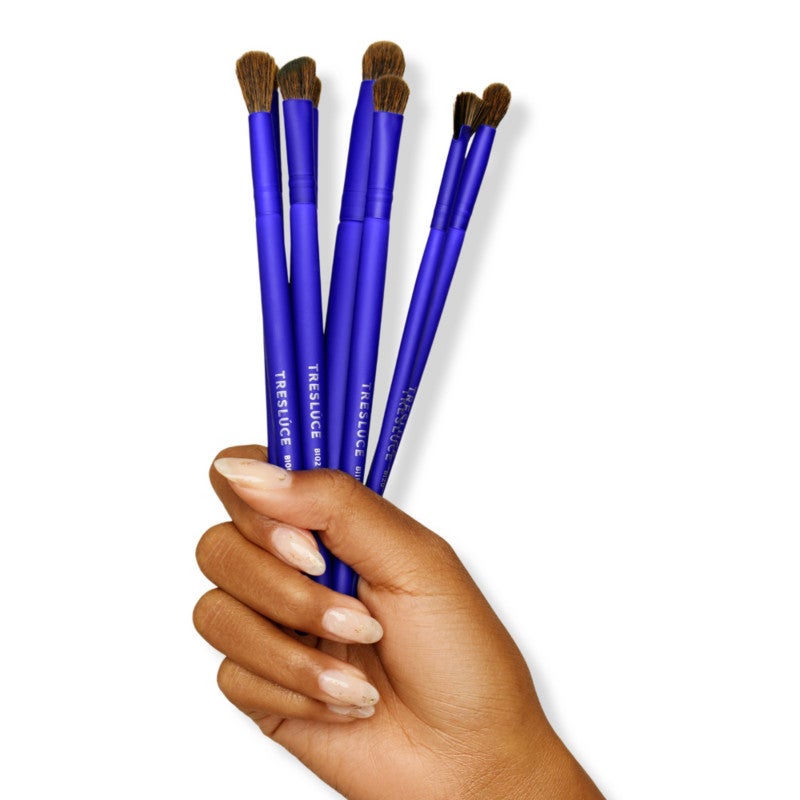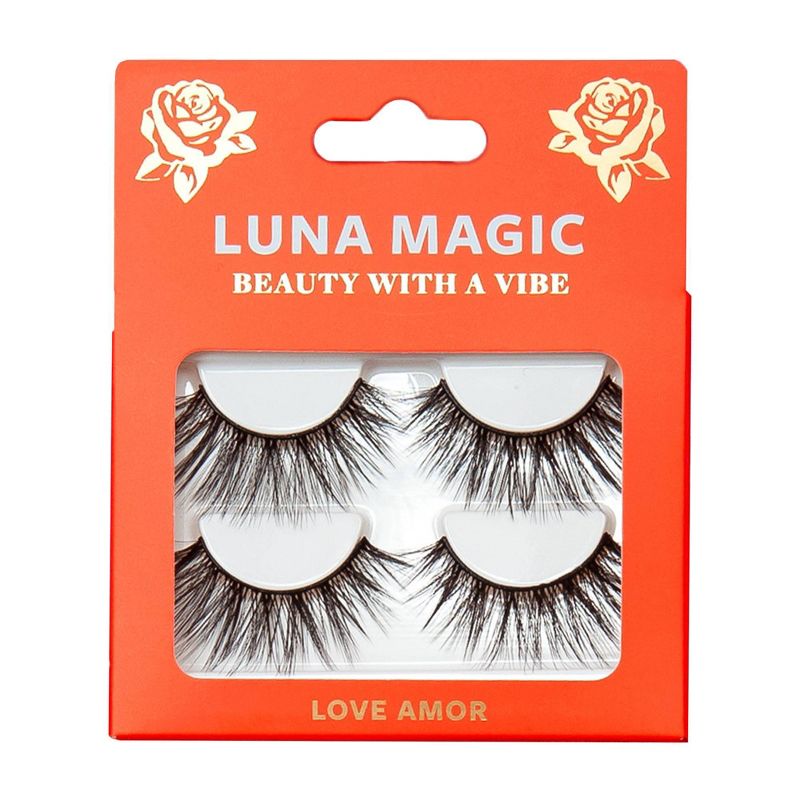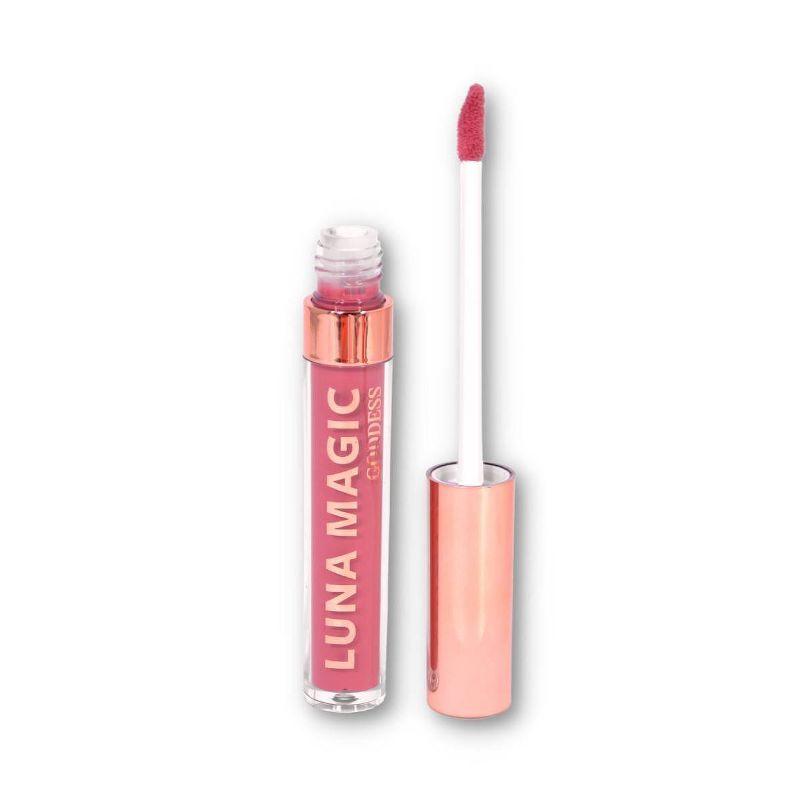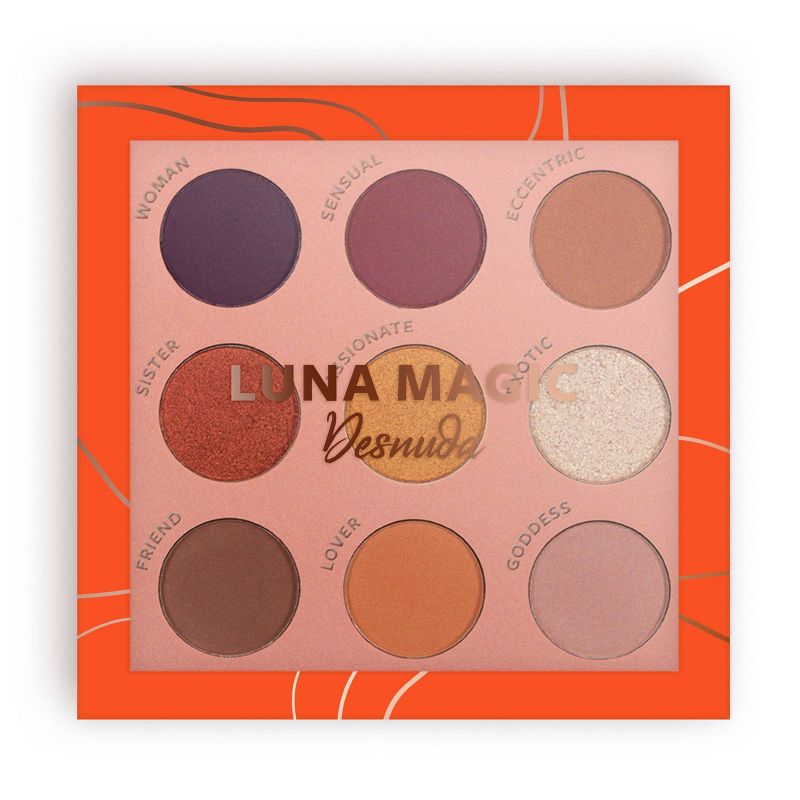Latinx Brands Are Growing Fast — But They’re Still Hard to Find on Store Shelves
Photo: Courtesy of Bloomi.
In March, Rebecca Alvarez Story made history by becoming the first Latina founder to launch in the sexual wellness aisle at Target, both IRL and online. Her company, Bloomi, is a plant-based, intimate care brand making clean personal hygiene and sexual wellness products for all bodies. While the brand, which also educates and normalizes conversations around sex and pleasure, first launched in 2018, it’s only now that it’s been able to break through to mass retailer’s shelves.
Bloomi is one of a growing number of Latinx-owned brands. According to a study by the Stanford Graduate School of Business, Latinx-owned businesses have grown 34% in the last 10 years. But many of these product-based businesses, including Latinx staples like Hija De Tu Madre, Jen Zeano Designs, Karla And Co., are online DTC (direct to consumer) or sell on mass-retailers’ online-only section. Why? The answer, of course, is money and resources. Small companies are less likely to raise the funds it takes to make it into a retailer.
AdvertisementADVERTISEMENT
“You probably need like a million dollars to launch [at a major retailer]. You could probably do it with less, but it's difficult,” Alvarez Story tells Refinery29 Somos.
While the CEO and sexologist didn’t have hundreds of thousands of dollars lying around, she did build a well-connected team. Bloomi had a broker — an expert who set up calls and pitched to the higher-ups at Target — with a comprehensive understanding of the retailer giant’s aisle from top to bottom. “You need to make sure that you understand who you're gonna need on your team in order to even approach Target,” she adds.
Being in retailers makes products by small-owned businesses available to larger (sometimes national) buyers. Think about it: When you’re walking around aimlessly, going aisle by aisle, what makes you stop and put something in your cart? For me, the packaging is what first draws my attention. In person, you can see it, feel it, smell it, and glean if it is right for you. It is a way to quickly build name recognition and trust with patrons.
On March 13, Treslúce, founded in 2021, launched in 351 Ulta Beauty stores across the country. “[The] in-store experience is so important, and I remember I was like, ‘I'm so desperate to give my fans an in-store experience that I'm willing to get a Treslúce tour bus,’” Becky G tells Somos. “We got to get out there because I want them to trust the quality of our brand.”
AdvertisementADVERTISEMENT
Trust is a big part of an in-store experience. Many Latinx households are used to only using the same ol’ brands they’ve used their entire lives (getting my parents to switch from Goya to Loisa was a struggle). Representation isn’t just what we see on TV or hear on the radio; it’s also about what’s available when we go to our local Walmart or Sephora. Do we see products that are meant for our communities? Do we see them in Spanish or Spanglish? Not everyone has the means or resources to buy online from DTC brands.
“Target, to me, represents accessibility,” Story Alvarez adds.
The problem is that, more often than not, retailers only spotlight brands led by communities of color during their respective “months.” Black brands are highlighted during Black History Month, Asian and Pacific Islander brands during AAPI Month, and, of course, Latinx brands are showcased during Latinx Heritage Month. But people of color exist year-round and are selling products and services 365 days out of the year. Big retailers are learning this, but they still have ways to go.
In the meantime, Latinx founders are persistent in their mission to create a space for themselves on the shelves of the Sephoras, Nordstroms, and Walmarts of their neighborhoods.
For LUNA Magic, a colorful beauty brand created by Afro-Dominican sisters Mabel and Shaira Frías, it was a cold email that got the attention of Target. “You can't be afraid to just reach out and go for what you want. As Latinas, we come from a culture where we figure it out by any means necessary,” the sisters tell Somos. After contacting the company, they were introduced to Target’s Accelerators Program. The program offers a five-week business course, access to executives and buyers, and an end-goal of launching at Target. By 2021, their shimmery shadows and shiny lip glosses were on the aisles. And they didn’t stop there. After participating in Walmart's Together Somos Más campaign, the brand hit that retailer’s store shelves, too.
AdvertisementADVERTISEMENT
Of course, they had some bumps along the way with supply chain issues, a struggle many fledgling brands deal with. When a small brand makes it to a mass retailer, there will be a bigger demand for the products from consumers — it’s inevitable (and that’s great!). The issue comes, of course, if they don’t have enough inventory to meet that demand. “We believe that retailers are finally starting to understand the Latinx customer, but there is still some work to do,” the sisters say.
While it’s unfortunate that some big retailers wait till cultural observances to highlight Latinx brands or launch dedicated accelerator programs, the practice has been key in getting more Black and Latinx brands in stores. Hair care brand Rizos Curls, skin care line Elaluz, and multi-use makeup brand Axiology are all sold at Ulta. Street apparel brand Viva la Bonita can be purchased at Foot Locker. Skin care companies Joaquina Botánica and Tata Harper are both on the shelves at Nordstrom. And these brands aren’t the only ones. Hopefully, our physical aisles will soon look just as diverse as our virtual ones.
“We all got to start somewhere,” Becky G says. “The reality is we should definitely celebrate the things that we've accomplished thus far, but I do think we have a ways to go.”
At Refinery29, we’re here to help you navigate this overwhelming world of stuff. All of our market picks are independently selected and curated by the editorial team. All product details reflect the price and availability at the time of publication. If you buy or click on something we link to on our site, Refinery29 may earn commission.
AdvertisementADVERTISEMENT







